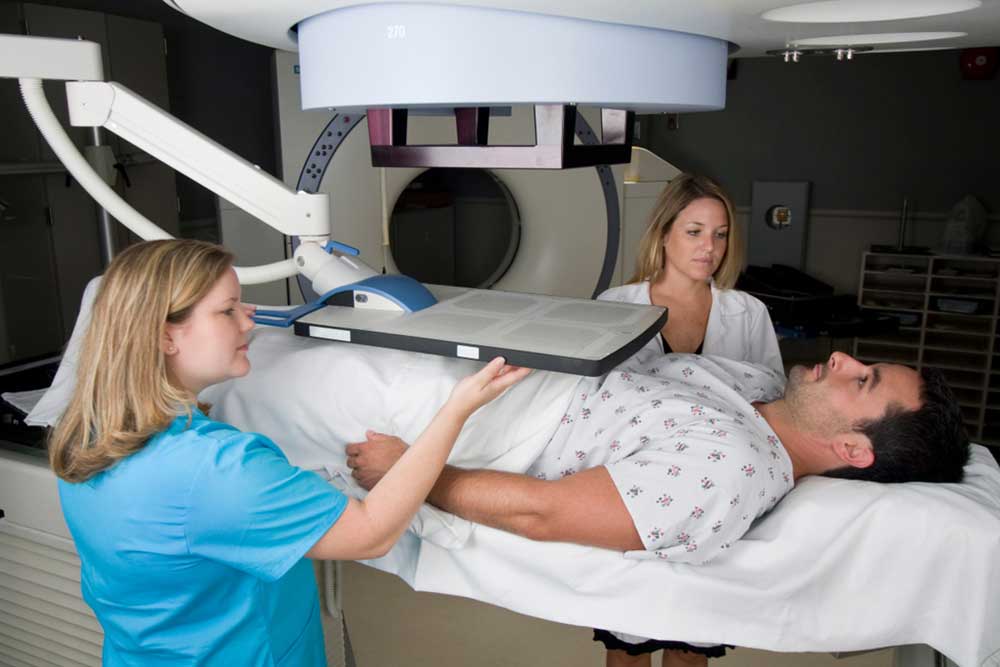Recognize These 5 Early Warning Signs of Ovarian Cancer
Early ovarian cancer symptoms are subtle and often overlooked, but recognizing key signs like bloating, pelvic pain, and fatigue can lead to earlier detection. This article highlights the top five warning signs to watch for and emphasizes the importance of timely medical consultation. Being aware of these symptoms can significantly improve treatment outcomes and save lives.

Recognize These 5 Early Warning Signs of Ovarian Cancer
Ovarian cancer ranks as the fifth leading cause of cancer-related deaths among women. Early detection through awareness of initial symptoms can significantly improve treatment outcomes.
This cancer develops when abnormal cells form in the ovaries, though its exact causes remain uncertain. Annually, approximately 23,000 women in the U.S. are diagnosed. Often, early symptoms are subtle and mistaken for other common issues such as PMS or digestive troubles, delaying diagnosis.
According to the American Cancer Society, only about 20% of ovarian cancers are detected at an early stage. Because early signs are easily overlooked, the illness often advances unnoticed until it spreads to the abdomen and pelvis. Detecting these symptoms early enhances the chances of successful treatment. Staying alert to possible signs and consulting a healthcare professional in case of persistent changes can lead to timely diagnosis.
Here are five early indicators of ovarian cancer you should watch for:
Persistent Bloating and Constipation
Frequent bloating or constipation is frequently dismissed as minor stomach issues or PMS. If these symptoms occur more than occasionally or persist over time, especially in women over 40, it’s advisable to see a gynecologist. Heaviness, waist expansion, and ongoing digestive issues may signal ovarian abnormalities. Seek medical advice promptly, but there's no cause for alarm until a professional evaluates the situation.
Unexplained Weight Loss and Appetite Changes
Sudden loss of appetite and feeling full quickly, even without overeating, can be warning signs. Unexpected weight reduction without dieting or increased activity might also indicate ovarian cancer. Take note if these changes happen without explanation, and consult your doctor to rule out serious conditions.
Pelvic Pain and Discomfort
Persistent pelvic pain, often misattributed to menstrual cycles, can be a key early symptom. If pain lasts longer than a few days or worsens, it’s essential to seek medical advice. While sometimes linked to ovarian cysts, ongoing discomfort warrants professional evaluation for ovarian cancer.
Frequent Urination and Bladder Control Issues
Needing to urinate often or urgently, especially when fluid intake remains unchanged, could be a sign. Reduced bladder control and difficulty holding urine might indicate ovarian problems. Consult your healthcare provider if such symptoms arise to determine their cause.
Unusual, Persistent Fatigue
Fighting constant tiredness without clear reason, especially after age 40, may be more than just menopause-related fatigue. If rest doesn’t improve energy levels, a doctor’s checkup is recommended. Persistent exhaustion could be an early warning of ovarian health issues.
Note: Our blog offers diverse information but should not replace professional medical advice. Always consult healthcare professionals for accurate diagnosis and treatment options. The content reflects current research, but differences across sources may exist.










